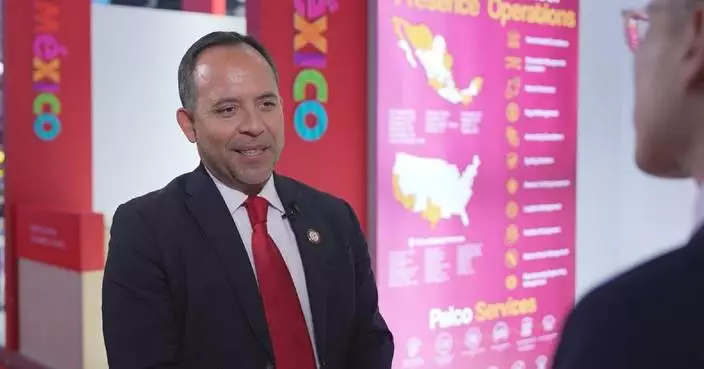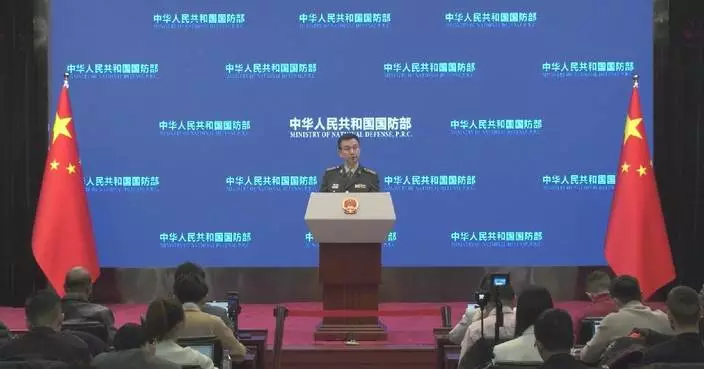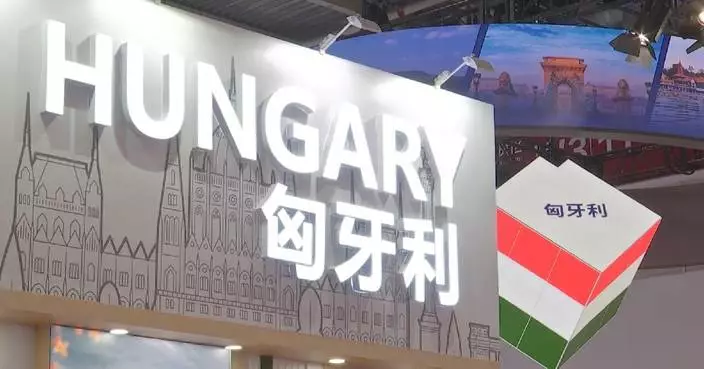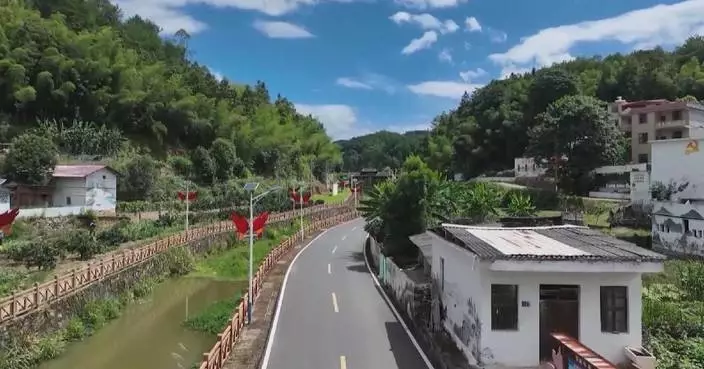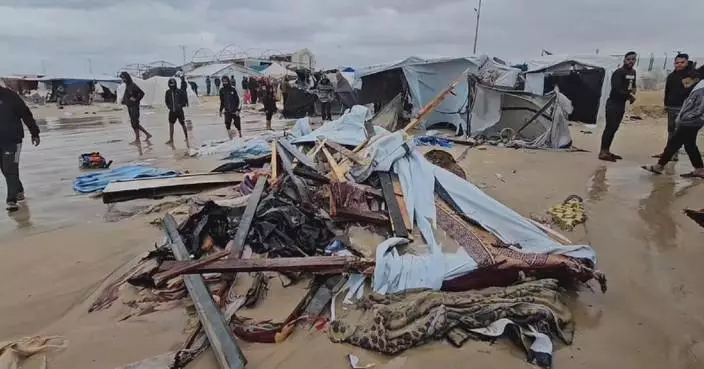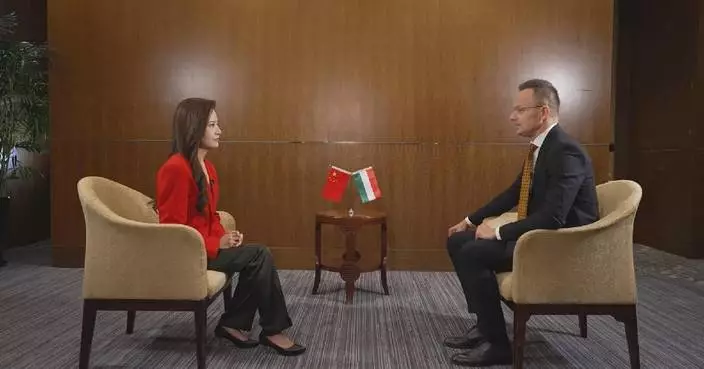A solemn ceremony was held in Shenyang, capital of northeast China's Liaoning Province, on Friday to bury the remains of 43 Chinese People's Volunteer (CPV) soldiers who laid down their lives in the War to Resist U.S. Aggression and Aid Korea (1950-1953).
When the burial ceremony began at 10:00 in the Shenyang Cemetery for Martyrs of the War to Resist U.S. Aggression and Aid Korea, a team of honor guard carrying the caskets marched slowly to the burial ground.
After singing in unison China's national anthem, the attendees took off their hats and bowed three times, and then soldiers fired 12 shots in air to pay tribute to the martyrs.
The ceremony was attended by CPV veterans, members of the martyrs' families and representatives from all walks of life.
Minister of Veterans Affairs Pei Jinjia attended the ceremony and delivered a funeral oration.
The remains, as well as 495 pieces of belongings of the fallen soldiers, were carried by a Y-20 transport aircraft of the Chinese Air Force and escorted by two J-20 fighters to show the highest respect for the martyrs.
The plane was given a "water salute" at the airport in deep reverence upon its arrival in Shenyang on Thursday morning.
It is the 11th repatriation of CPV martyrs' remains since the signing of a handover agreement between China and the Republic of Korea (ROK). This new batch brings the total number of returned remains of the departed heroes to 981.
During the War to Resist U.S. Aggression and Aid Korea, a total of 2.9 million CPV soldiers fought on the battlefield, with more than 360,000 killed or injured.
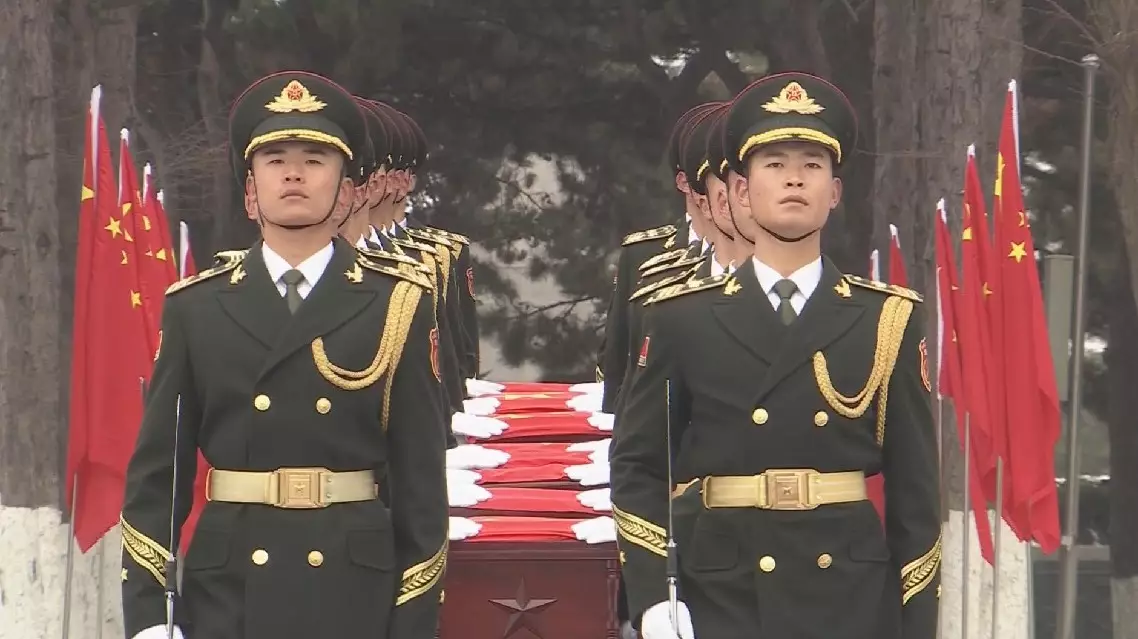
Burial ceremony held for Chinese martyrs' remains returned from ROK
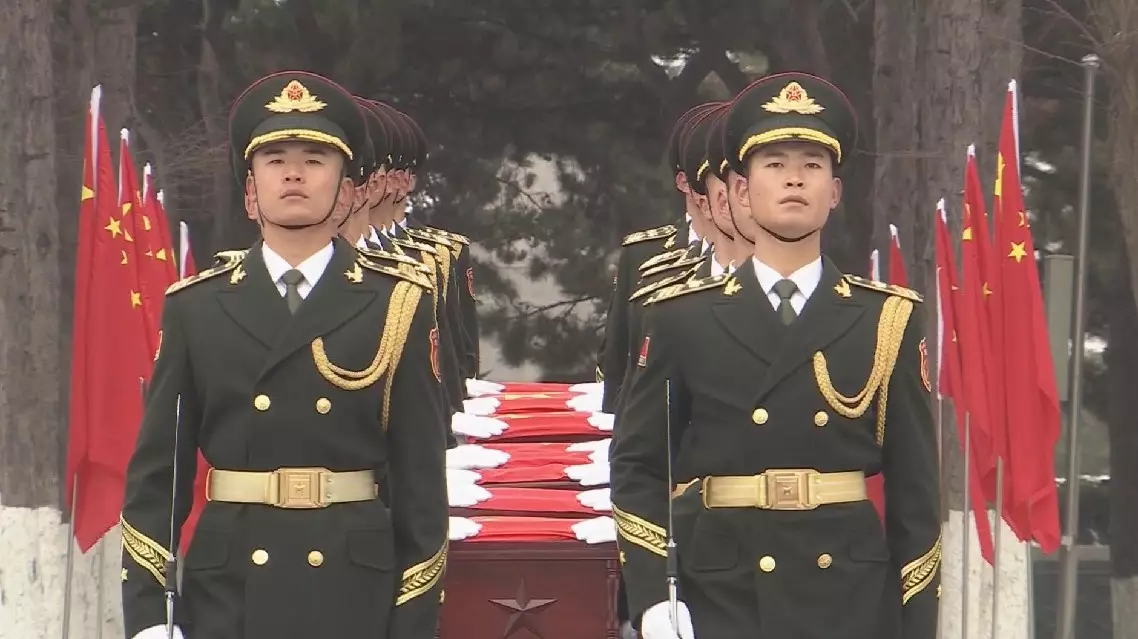
Burial ceremony held for Chinese martyrs' remains returned from ROK
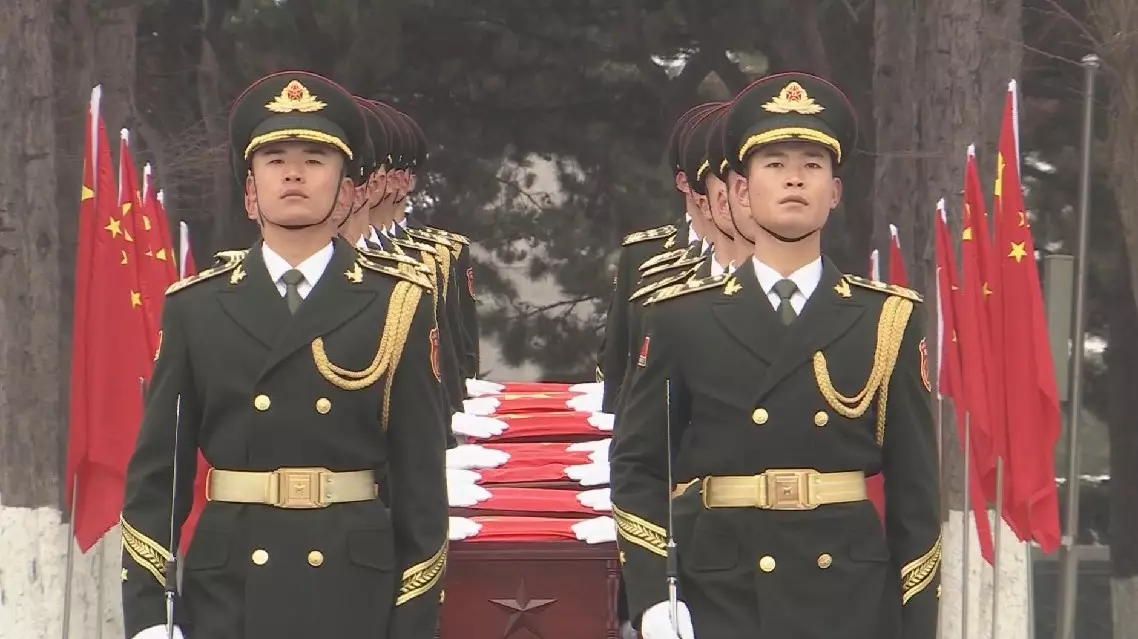
Burial ceremony held for Chinese martyrs' remains returned from ROK
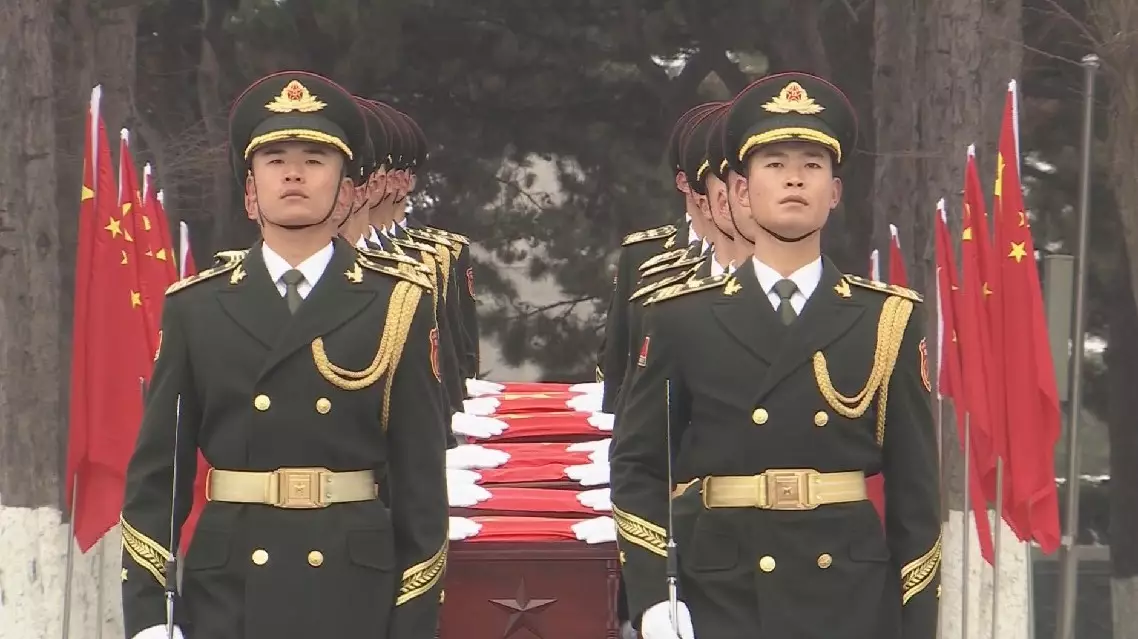
Burial ceremony held for Chinese martyrs' remains returned from ROK
The situation still remains tense along the Israeli-Lebanese border although Israel and Hezbollah have reached a ceasefire agreement that took effect on Wednesday.
Israel's security cabinet on Tuesday night approved a ceasefire deal with Hezbollah, paving the way for an end to a nearly 14-month conflict between the two sides which, according to Lebanese health authorities, has killed 3,823 people and wounded 15,859 others in Lebanon.
The ceasefire took effect at 4:00 Wednesday, and over the next 60 days, the Lebanese army will regain control of its territory, while Israel will gradually withdraw, and civilians will be able to return home.
However, a China Media Group (CMG) reporter who went deep into Israel's northern border saw fewer vehicles driving on the road, and felt that more interference was encountered in telecommunications including the use of the GPS, which is a countermeasure by the Israeli side to disrupt Hezbollah's missile launches, indicating the entire area near the Israel-Lebanon border remains in a relatively high state of alert.
At Kiryat Shmona, one of Israel's northernmost towns, the Israel Defense Forces (IDF) has not lowered public security defenses in this place.
Israeli media have analyzed that the implementation of the ceasefire agreement is still full of uncertainties, and the possibility of a conflict cannot be ruled out if the agreement breaks down.
Kiryat Shmona, one of Israel's northernmost towns which is just three or four kilometers away from Lebanon, is one of the areas most severely attacked by Hezbollah rockets and missiles before the ceasefire. In previous clashes between Israel and Hezbollah before the ceasefire, people there could hear the sound of the Israeli army firing long-range artillery almost once every few minutes, including some sporadic gunshots and the sound of some Israeli drones hovering in the air for a long time. After the ceasefire, everything seems to have returned to somewhat calm.
However, the CMG reporter could still hear loud explosions, possibly from artillery firing, in Kiryat Shmona. Local media reports said the Israeli army discovered signs of activities of so-called Hezbollah militants in a village in southern Lebanon, and then bombarded the area with long-range artillery.
It is not clear what impact this move will have on the implementation of the ceasefire agreement, but it also fully illustrates the complexity of the implementation of the agreement.
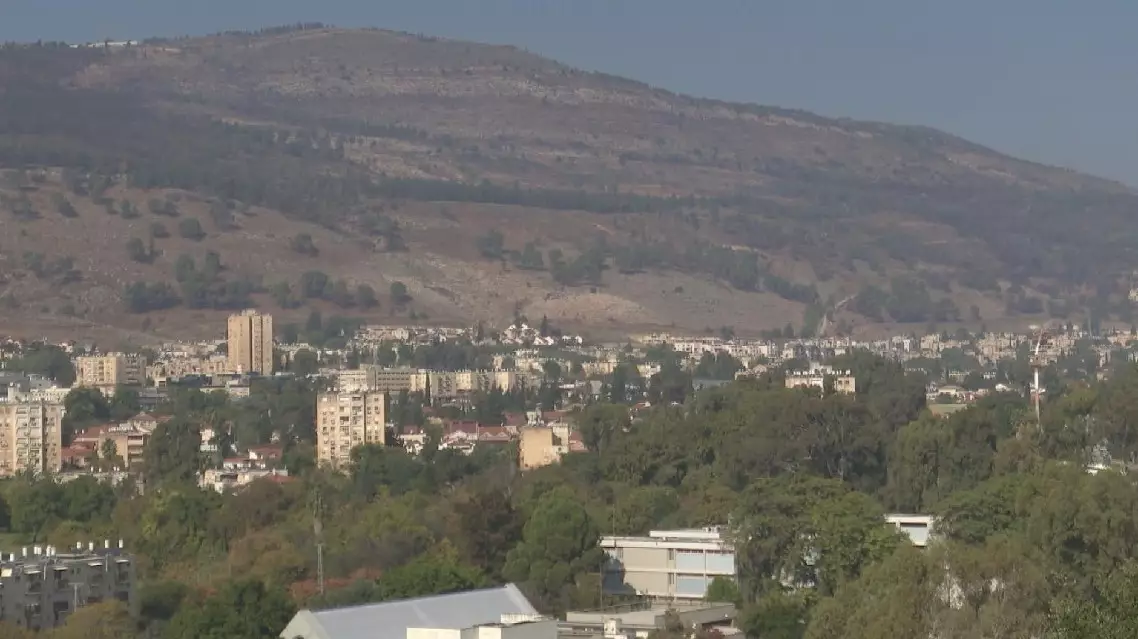
Tensions remain on Israel-Lebanon border amid Israeli-Hezbollah ceasefire







